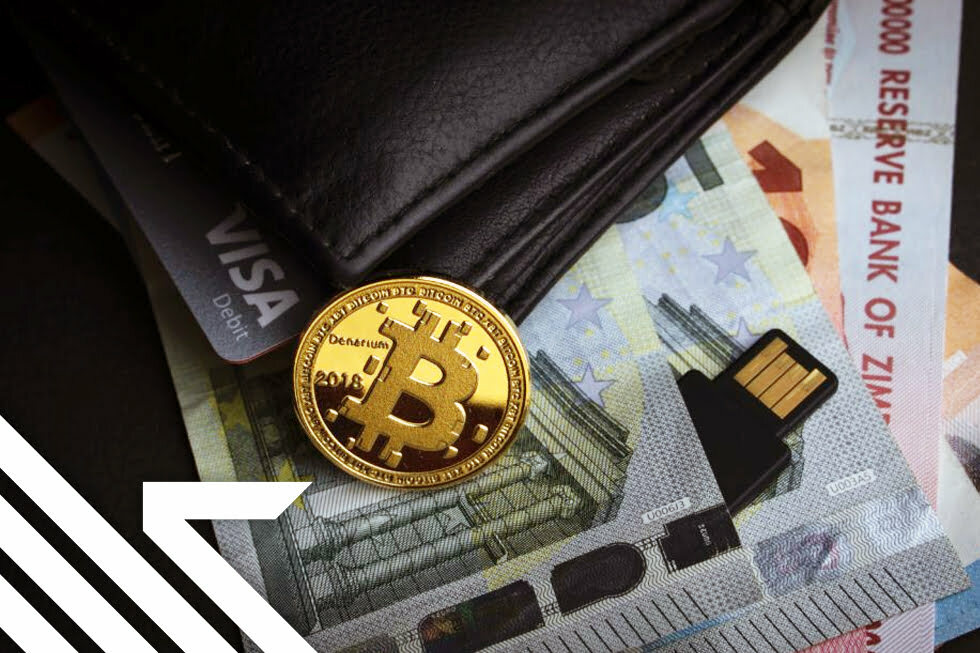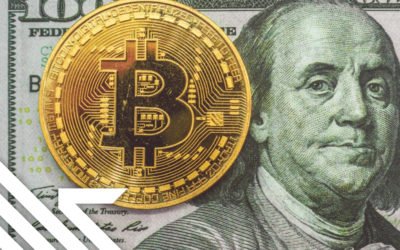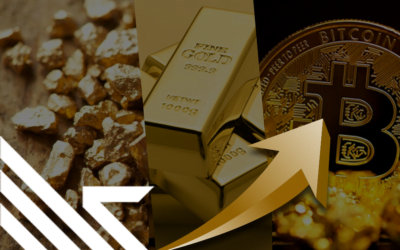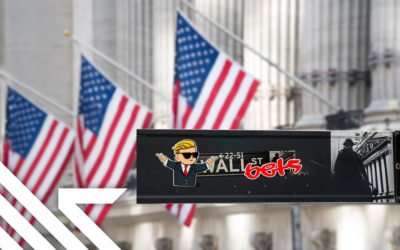The world’s economic and political landscape has experienced some serious disruption in the last year. We have been dealing with tumultuous Brexit negotiations, BLM protests, the Hong Kong/ China fall out and the Covid-19 pandemic. Geopolitical events significantly impact the movements of currencies, and when this happens, many conversations emerge about the viability of the US Dollar holding onto its position as the top reserve currency. It’s popularity is waning, China’s move to diversify its foreign-exchange holdings to reduce its exposure to shifts in U.S. policy, and a potential trade war, are significant factors. In the long-term, their diminishing share of world economic output is the biggest threat to the dollar’s status. In 1960, the U.S. represented about 40% of the world economy but it now sits at 25%
Is it time for a revaluation?
Currently, there are few viable alternatives to the U.S. dollar as a global reserve currency, but this does not mean that vigorous debate around the subject has been absent. The pundits are polarised – some support a complete revaluation, as they feel using the Dollar as the reserve currency is no longer viable, while others predict untold turmoil if the status quo changes.
There have been a few options suggested to replace the dollar. Both the euro and the renminbi have potential, and even the little-known SDR has been put forward. The wild card, If Mark Zuckerberg has his way, is Facebook’s digital currency Libra.
Why does the dollar hold onto the top spot as a reserve currency?
Central banks around the world hold large amounts of dollar-denominated assets, predominantly U.S. government bonds. They hold these reserves to maintain exchange-rate pegs, to insure against capital outflows and to facilitate international trade. It remains the reserve currency because it has robust political and economic institutions, it’s a democracy, and has strong liquidity in its capital markets.
Only reserve currencies are accepted for international trade, the most popular being the dollar, then the euro, and the yen. According to the International Monetary Fund, the U.S. dollar makes up 60% of all known central bank foreign exchange reserves, the next closest is the euro which makes up 20%. Any chances of the euro taking over from the dollar were diminished by the eurozone crisis, so this has knocked them out of contention for now.
Join Club Swan and get… more!
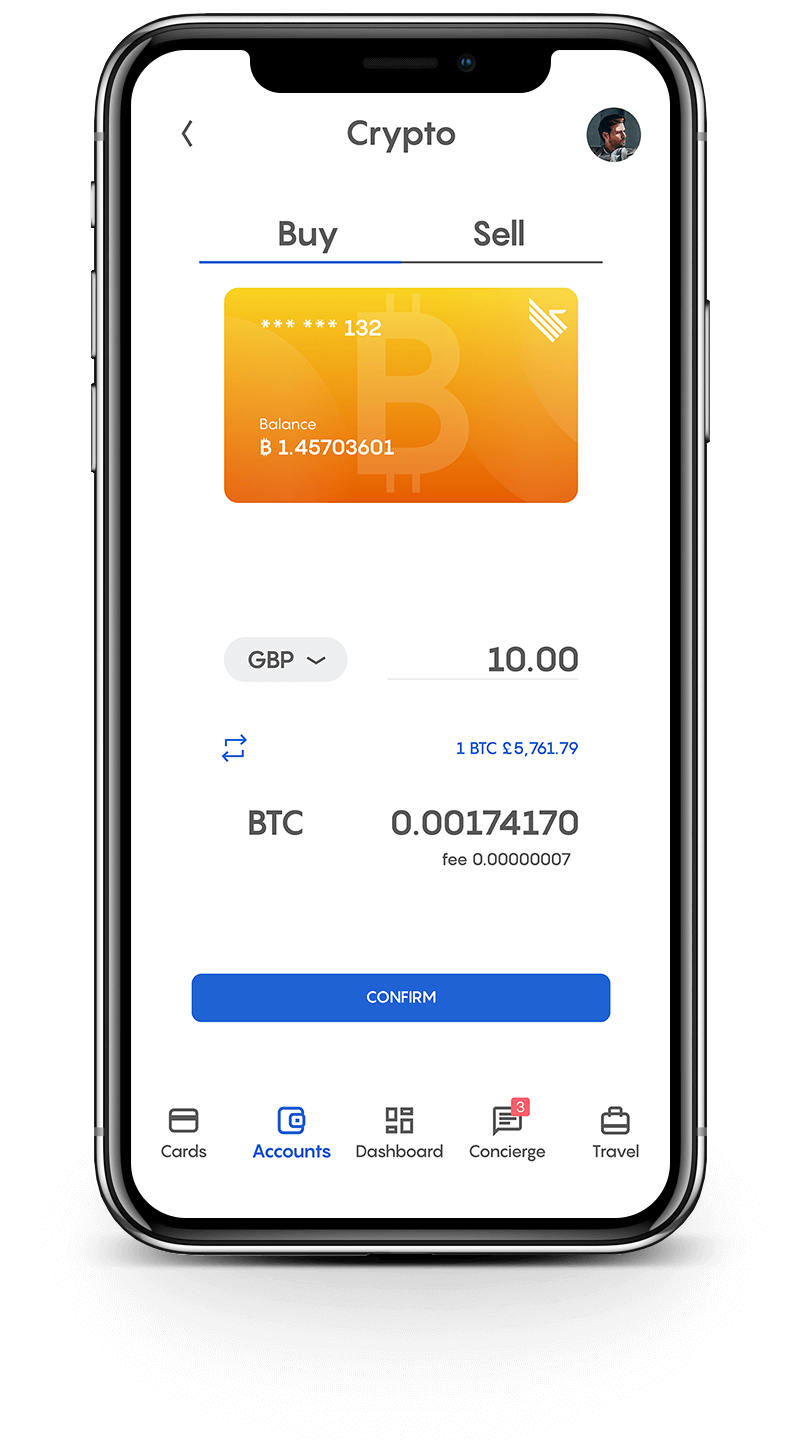
Buy and sell your crypto at the best rates and spend them or transfer them to another wallet. You can seamlessly spend your crypto with the Club Swan card anywhere in the world. Everything from one account, on one platform.
- Buy, sell or store 9 different crypto currencies, including: Bitcoin (BTC), Ethereum (ETH), Litecoin (LTC), Bitcoin Cash (BCH), Tether (USDT), BAT, Paxos (PAX), USD Coin (USDC) and EOS.
- Low fees from 0.5%*.
- One simple rate for buy and sell. No hidden margin built into our prices.
- Seamlessly spend your crypto with the Club Swan card.
- Turn your crypto into traditional currencies.
- Quick and simple wallet to wallet transfers.
- Free transfers between Club Swan members.*
- 24/7 Customer support.
Club Swan’s flexible account gives you access to multiple traditional currencies, live real time exchange rates, bank transfers and an elegant metal card allowing you to spend in more than 150 currencies around the globe.
- Live traditional currency exchange rates.
- Bank transfer exchange rates typically 4-8% better than high street banks.
- USD, GBP, EUR, CNY, and JPY accounts*.
- Transfer funds in and out of your account with SEPA/SWIFT/Faster Payment/Fed Wire Payments.
- Spend 150+ traditional currencies around the globe with Club Swan card.
- International ATM withdrawals.
- Daily ATM withdrawal limit $1,500.
- High account limits.
- Free transfers between Club Swan members*.
- FCA regulated for your peace of mind**.
- 24/7 Customer support.
Save precious time and money. Use your Club Swan virtual assistant for your travel needs. We also offer personal shopping, VIP event access and unique experiences.
- Save up to 40% on flights and holidays.
- Exclusive negotiated rates on First and Business class airfares.
- Private transfers.
- Luxury car rentals.
- Personal shopping assistant.
- Luxury product procurement.
- Concert tickets.
- Activity experiences.
- Event access.
- VIP dining & restaurant bookings.
- Private event & party coordination.
- 24/7 live chat concierge support.
Could the SDR be a challenge?
The SDR (Special Delivery Rights) often emerges as a possibility in volatile markets. It is an artificial currency made up of a basket of currencies including the U.S. dollar, euro, Japanese yen, British pound, and more recently the Chinese renminbi. The SDR was developed to play a significant role in the international reserves arena. The acceptance criteria for membership mandate that a country must have a central bank or government reserves of gold. The currency must also be determined “freely usable” by the IMF, in other words the currency must be widely used to make payments for international transactions and widely traded in the principal exchange markets. SDRs are allocated by the International Monetary Fund (IMF) to its member countries and are backed by the member countries.
Despite some parties advocating the use of the SDR as a reserve currency, it is not a currency in the true sense of the word, or by its nature. It can’t be used by individuals, nor is it a medium of exchange. SDRs can possibly be exchanged for actual currencies but there is no guarantee, as it is essentially a unit of account. Proponents of the SDR maintain that a shift to a basket of world currencies might be the most sensible option. If the euro, yen, GBP and renminbi were to join the dollar as international reserve currencies, it would result in a more stable global economy. Despite allowing economies to compete on a more level playing field, the likelihood of the SDR becoming a contender as a reserve currency is slim.
Facebook’s Libra
Last year Facebook’s Mark Zuckerberg announced his goal to launch a global digital currency called Libra. A lofty idea but given his track record of growing a multi-billion-dollar social media empire – his claim was taken seriously. While the masses thought it was a good idea, he was stonewalled by politicians, bank executives and a legion of regulators.
At first glance, his currency has all the hallmarks of a cryptocurrency, but it isn’t. His aim was to build a currency that would be centrally managed and consist of a basket of other currencies and assets used to set the value of Libra, therefore keeping it much more stable than cryptocurrencies. The second element of the plan was to build a digital wallet for Libra – built into a selection of apps including Facebook, WhatsApp and Instagram – all owned by Facebook Inc.
The incumbent financial regulators and banking fraternity, delivered a blunt “no” stating that it would mean Facebook taking on a government-like role, creating a currency that would have the potential to influence and/or undermine monetary policy.
A Professor at the University of New South Wales, Prof Ross Buckley, published a paper about the many regulatory issues Libra would face. He pointed out that it would have a significant impact on developing countries, where citizens rely on payments from family working abroad. These transfers, known as remittances, can be subject to high fees making it an attractive market to pursue. Facebook’s Libra could potentially disrupt the entire remittance market if people in those countries switched to the Libra currency. It’s easy to see why regulators are up in arms and why the currency would face a raft of regulations.
Cryptocurrencies
While there are plenty of people (and money) supporting the growth and eventual integration of cryptocurrencies into the global economy; they still have a long way to go. Their volatility does not put them high on the rankings as a reserve currency.
Not Yet
As long as the current system remains free floating, currency revaluation on a global scale will remain a trending topic. In a world where disruption is on centre stage, we can’t rule out new contenders, but we will probably not see them for a while yet. Meanwhile, central banks are buying more gold, which could signal a lack of confidence in the dollar or the global monetary system more generally. This is a space to watch.

